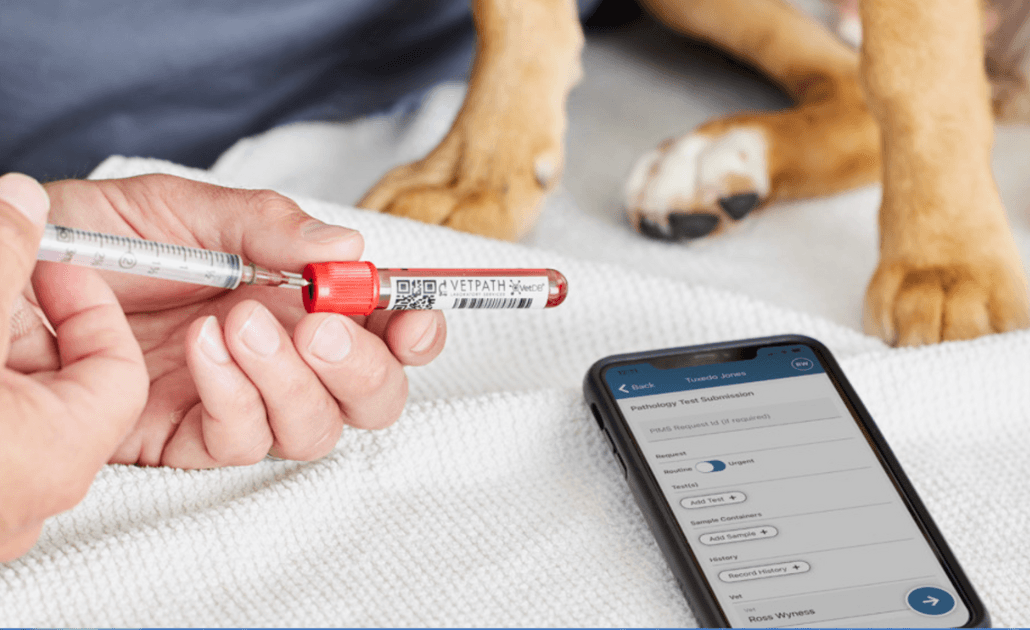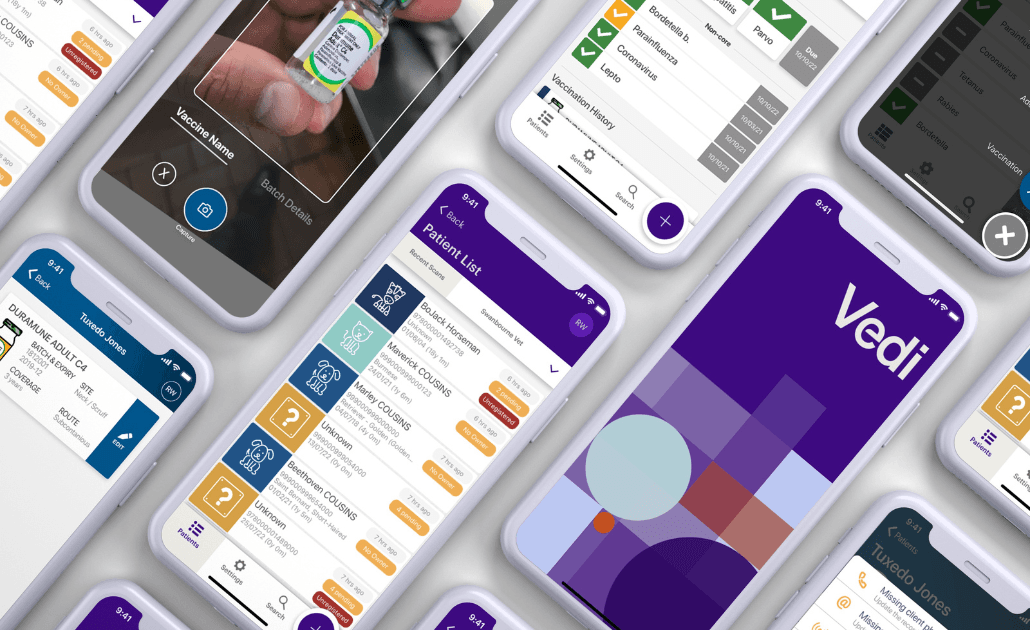
Digital healthcare advancements are obvious when we look at human healthcare because we experience them everywhere. At the GP clinic, the pharmacist, or even the dentist – we all take part in connected health services through our national or private health providers. In Australia, we have MyHealthRecord and insurance providers connecting us to a myriad of health services. And our data is equally accessible to those providing us care. The revolution has emphasized that we, as patients, interact with many different medical services beyond our own GP.
Providing world-class service for our pets and animals
This is also true for our animals, but we have mostly ignored that reality for some reason. As vets, we assume we have the complete picture, but if you look at any dog or cat in your clinic, you only see a glimpse of that animal’s life. You observe it as an adult without knowing its youth before it comes to you. When the clients move to another city, the record stops and begins fresh at the new clinic. An emergency vet has no quick way to access critical patient information for that pet that got rushed in at 2am. The health data for animals is pervasive but often unavailable to vets and services that require it. How many times have we waited for breeder certificates? What about the time and cost spent repeating tests and re-entering information that is not readily available? What about that accidental vaccination reminder to an owner that recently lost their pet?
A world with no patient-data disconnect
What would it look like if we could redesign a system that connects accurate information for every health event in an animal’s life?
Firstly, it would have to accompany the animal everywhere it went – like a collar. And it couldn’t be held by the owner in case they got separated from their pet. It would have to be implantable because animals lose their collars and owners.
We'll call this an implantable microchip with infinite memory It would store every piece of relevant information from the moment the animal is born, such as the first puppy vaccinations and desexing certificates.
Imagine that this microchip held pertinent information like vaccine certificates for zoonotic diseases, such as rabies or Hendra virus. Or even warnings like allergies or ‘diabetic cat.' These are all vital pieces of medical data that we vets want any attending clinician to have immediate access to.
But how can we trust the authenticity of the information?
Next, we want to ensure that the data applied to the microchip is accurate and true. That means removing human errors – no manual data entry by vets or staff.
We can use technology to take human error out of the equation. That includes technology like image capture apps, text extraction, and two-way integration with practice software for patient and owner details. By utilizing technology for data entry, we can speed up our existing systems with accurate information.
Lastly, we would have to provide the user with some proof of existence. As “the only source of truth is the original clinical source," we must give the attending vet a time machine to look back to when that piece of data was created.
To recap, the proposed solution is an implantable time-traveling microchip with infinite memory and automated data capture...
Does this sound impossible?

Enhancing existing capabilities to solve problems
At Vedi, we created this system. It leverages the animal’s existing microchip, your smartphone, a bunch of automation, and some nerdy blockchain tech.
The system allows any vet to scan the microchip and see the critical medical data. Each piece of data is verifiable, and when the vet uses the system, we automate every part of data entry.
We started with the vaccination module and have evolved to facilitate clinical pathology submissions, test results, health certificates, microchip registrations, and more. And it’s all locked to the microchip. By scanning the microchip, you can see the animal’s details, vaccination history, and recent blood test results. You can submit a new vaccination in under 10 seconds, path submissions in 20 seconds, and microchip registrations with 4 simple clicks. Vedi does all the heavy paperwork lifting for you.
So far, Vedi has scanned 65,000 animals, recorded over 70,000 vaccine vials, processed 7000 path submissions, and tracked 15,000 samples.
Vedi provides horse vets around Australia with verifiable data to instantly verify the horse’s Hendra vaccination status. They can even scan and vaccinate a batch of 100 horses as quickly as one processes groceries at the check-out.
The integration with ezyVet allows each microchip scan to verify the patient and owner’s details, reminding staff if any vital contact information is missing.
Making pet owners’ lives easier
Pet owners usually assume that their pet’s microchip offers more practical value. They are often disappointed when they find out there isn’t more to it other than being just an entry in a registry database. Vedi adds a practical element for the pet owner – they never have to worry about physical certificates again!
